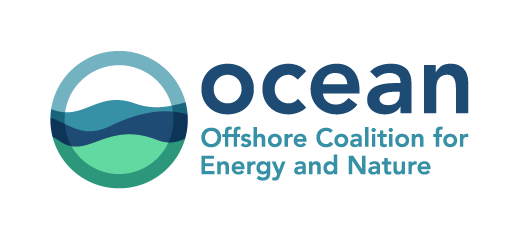Impacts & Engagement
Our Aims
OCEaN members acknowledge the high degree of complexity that characterises our oceans’ use, nature protection, and infrastructure development. The Working Group “Impact and Engagement” seeks to tackle three specific goals within this complex challenge:
- Firstly, it will develop a better understanding of the impacts that the construction and operation of offshore wind and connecting electricity infrastructure has on the marine environment and how these can be avoided or minimised.
- Secondly, the group will develop a path for meaningful engagement with marine stakeholders. This will ensure that interests from different sectors are considered when planning and developing offshore wind in European seas and support a coordinated approach, exchanging existing experience and good practice.
- Thirdly, it will aim to raise overall societal awareness of the need develop offshore wind and protect our marine environment.
To do so, the group will develop a baseline understanding of essential concepts, enable knowledge exchange between sectors, collect practices that align offshore renewable energy development with nature protection and conservation measures and develop further guiding principles for integrating climate mitigation with environmental protection, which go hand-in-hand for achieving an overall effective preservation of our environment. At the same time, the group will map existing initiatives, stakeholders, and positions to reduce complexity and enable collaborative efforts within and beyond OCEaN.
Therefore, OCEaN’s working group Impact and Engagement will pursue the following tasks:
- Collect offshore practices that help mitigate impacts, provide ecosystem services, seize opportunities for restoring nature, and collect and share such practices to inspire other practitioners.
- Find common ground on essential environmental concepts and concrete solutions for further conciliating nature protection and offshore renewable energy development. The current state of debate connected to these concepts will be outlined and existing knowledge and experience from OCEaN members will be used as a basis for a common language in a discussion paper.
- Establish a coordinated approach to decommissioning requirements.
- Map key initiatives and scientific partners and reach out to join forces.
- Map stakeholdersand their positions in the North and Baltic Seas to create an overview and identify opportunities for engagement. The map will be visualised and made available to actors beyond the Coalition. It will form the basis for a strategic outreach to other marine actors.
